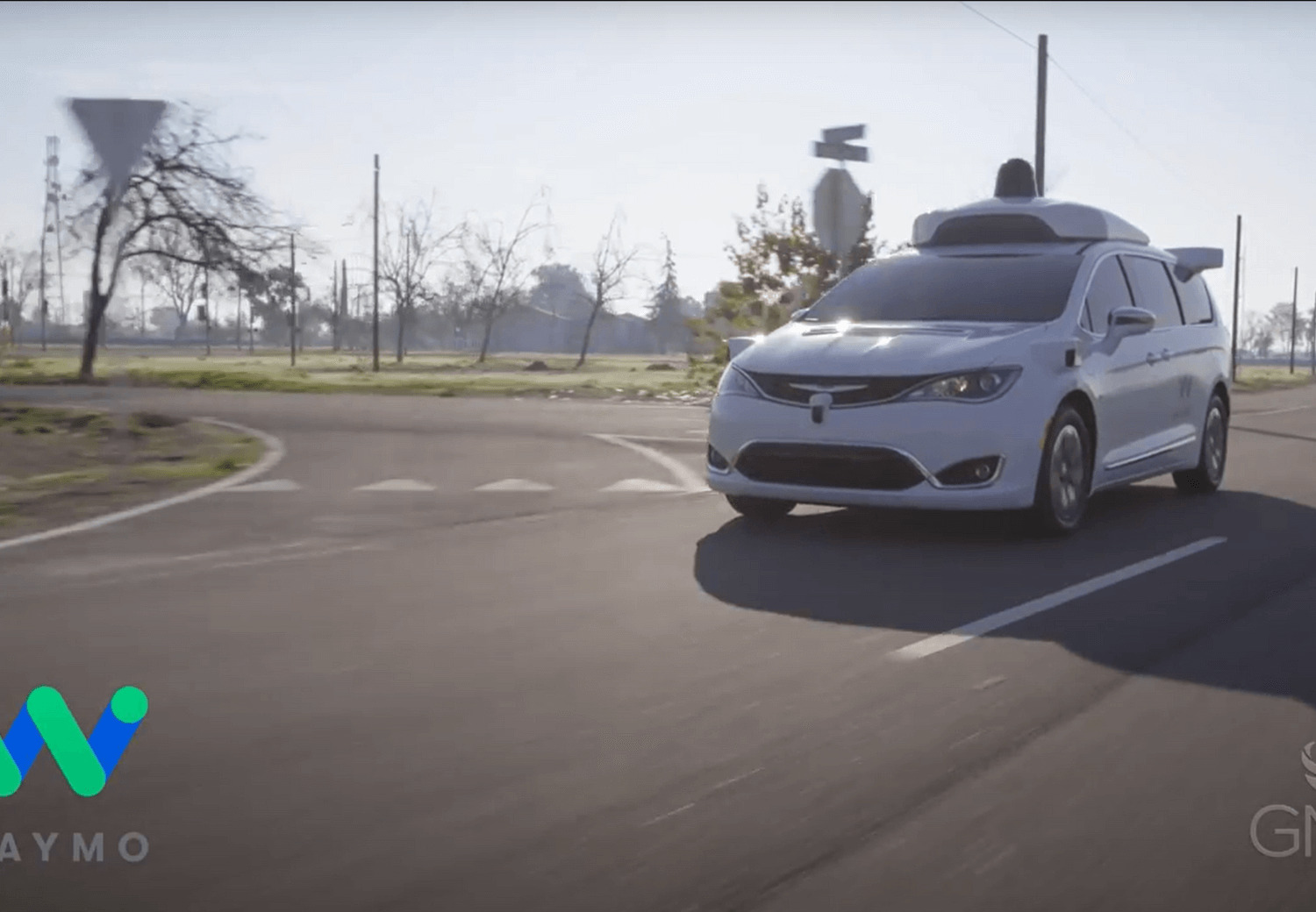Summary:
As the CEO of Waymo, Tekedra Mawakana often finds herself in uncharted territory. So how does she navigate the unknown? Hear her approach to making complicated decisions, often with very little data.
Thuy

Tekedra Mawakana
Thuy

Tekedra Mawakana
Thuy




